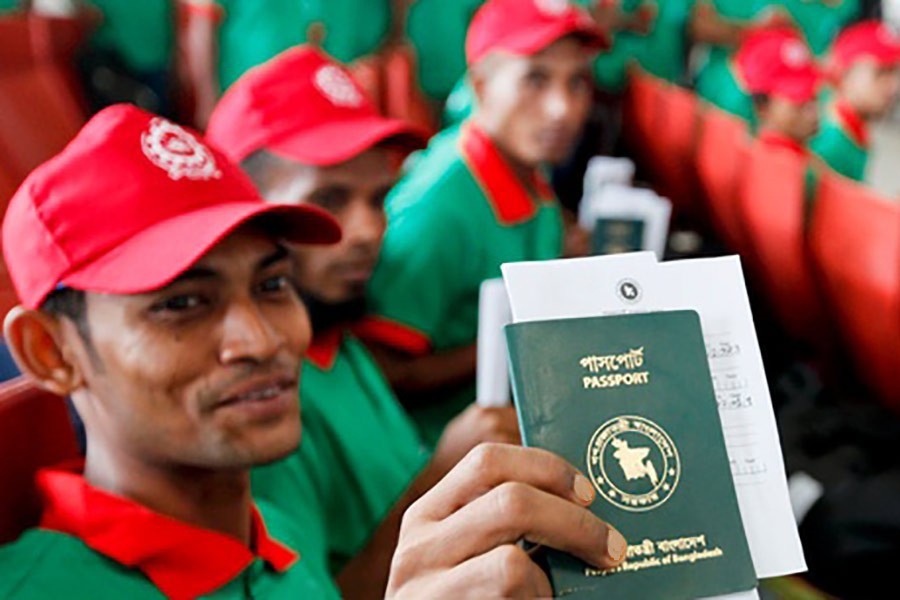A Japanese team is in Bangladesh to conduct research on Bangladeshis' migration pattern to the East Asian country.
The research project, titled “Global Migration and Transnational Networks,” commenced at the College of Sociology, Rikkyo University in 2014 April, with support from the Asian People’s Friendship Society (APFS).
“It was launched as an integral part of the College of Sociology’s postgraduate course which gives special attention to Japan-Bangladesh relations. It is structured to enable research data to be gathered from actual social settings” Dr Tetsuo Mizukami, dean and professor of College of Sociology, and director of Center for Statistics and Information, Rikkyo University told the FE.
“In terms of the Japan-Bangladesh migrations, it was from the late 1980s, when a considerable inflow of Bangladeshis came to Japan. Some of whom have developed their families and remained in Japan, but many others have already returned home after their time in Japan” he added.
“We have been gathering empirical data by conducting questionnaire surveys and intensive interviews with these Bangladeshis who had lived in Japan, experiencing Japanese social life for long period, and have since returned to their homeland.”
The other members of the team are; Katsuo Yoshinari, founder of Asian People’s Friendship Society, and board member of Asian Community Takashimadaira, Yoshiaki Noro, professor of College of Sociology, Rikkyo University, Yuka Nakayama ,specially appointed associate professor of Global Learning Center, Yamanashi Gakuin University, and lecturer of College of Sociology, Rikkyo University, and Masud Karim, CEO, Asahi Corporation.
Rikkyo University was founded in 1874 and as one of Japan’s older universities, maintains its public reputation as an academy of scholarship and learning.
“Our data confirms that migration from Bangladesh to Japan has significantly developed the character of personal relationships between Bangladeshis and Japanese, and some returnees have retained strong personal ties from the previous “sojourn” in Japan,” Dr Tetsuo said.
He noted that the style of relationships that have been developed between Bangladeshis and Japanese should be more important for social policy in the future.
And thus our project seeks data about life at the “grassroots” level of relationships, in order to develop a broader understanding of Bangladesh-Japan relationships, he observed.
The team aims to contribute not only to sociological studies, but also more broadly to make our contribution to develop the valuable relations that already exist between Bangladesh and Japan.


